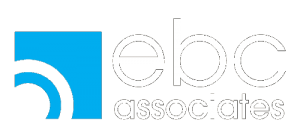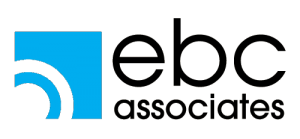You walk a fine line when a job interviewer asks you to describe yourself.
Yes, what else is a resume if not an itemized list of your skills and accomplishments? Yes, during a job interview, you are somewhat center stage. But that doesn’t mean you should ham it up and hog the spotlight.
According to a 2017 CareerBuilder survey of more than 2,600 hiring and human resource managers, 6 employers in 10 immediately disqualify candidates who appear “arrogant or entitled” during their interviews.
There are a lot of ridiculous reasons why interviewers will turn away perfectly capable applicants. This isn’t one of them. Smug individuals do not good hires make. Here’s how you balance honesty with self-promotion during a job interview:
1. SPREAD THE PRAISE AROUND
No matter how adept you are at what you do, chances are good there is little you do single-handedly.
Unless someone from a former job is competing for the same open role you are, talk glowingly about the people you’ve worked with. What better way to avoid the appearance of narcissism than to give credit where credit is due? Just make sure you don’t lose yourself in the talents of others.
Focus on the ways in which the strengths of your team members complemented each other. This subtle tweak will demonstrate your ability to recognize hard work and build a rapport with co-workers – two attributes employers will take note of.
2. KNOW YOUR WEAKNESS GOING IN (AND TELL THE TRUTH)
If employers inquire about your strengths, they’re going to do the same for your weaknesses. Some candidates think they’re real slick when they go into a job interview with one of these bogus personal flaws at the ready:
- I’m a perfectionist.
- I have high standards.
- I’m a people pleaser.
Hiring managers are trained to see right through the smoke and mirrors to the insecure candidate with a lack of self-awareness, a penchant for manipulation and a cumbersome ego.
The lesson here: Don’t try to pull a fast one on your interviewer. Instead, ruminate on your professional struggles, pick one and be forthcoming. Perhaps during a past performance review, a manager asked you to work on your presentation skills. Instead of focusing on the negative, steer the conversation toward what you’ve done to improve. Did you hone your skills with a charismatic co-worker who loves presenting? Did you challenge yourself by requesting a few extra opportunities to speak in front of large groups? Did you sign up for an improv comedy class to practice thinking on your feet?
Everybody can relate to stories of personal challenges, especially when the hero of the story – that’s you – overcomes them through sheer determination of will.
3. TURN THE TABLES ON YOUR INTERVIEWER
A job interview is as much a resource for the interviewer as it is for the interviewee. Questions posed by candidates to hiring managers demonstrate an inquisitive mind and communicate a genuine interest in an organization. And, like all good questions do, they also tell the candidate if the job is a right fit according to their personal criteria.
So while you’re preparing for your next interview and scratching out a list of questions about the company, include a few directed at the interviewer:
- How long have you held your title?
- Where else have you worked in the company?
- What has your experience been with people who’ve held the position I’m applying for?
One final note: Avoid grilling the interviewer. People love talking about themselves, which is why so many candidates get carried away during job interviews, but nobody likes feeling like they’re under a microscope. Save your questions for the end of the meeting or for places where they would fit naturally into the conversation.
For more tips on interviewing from the recruitment experts at EBC Associates, check out our candidates insights page.


